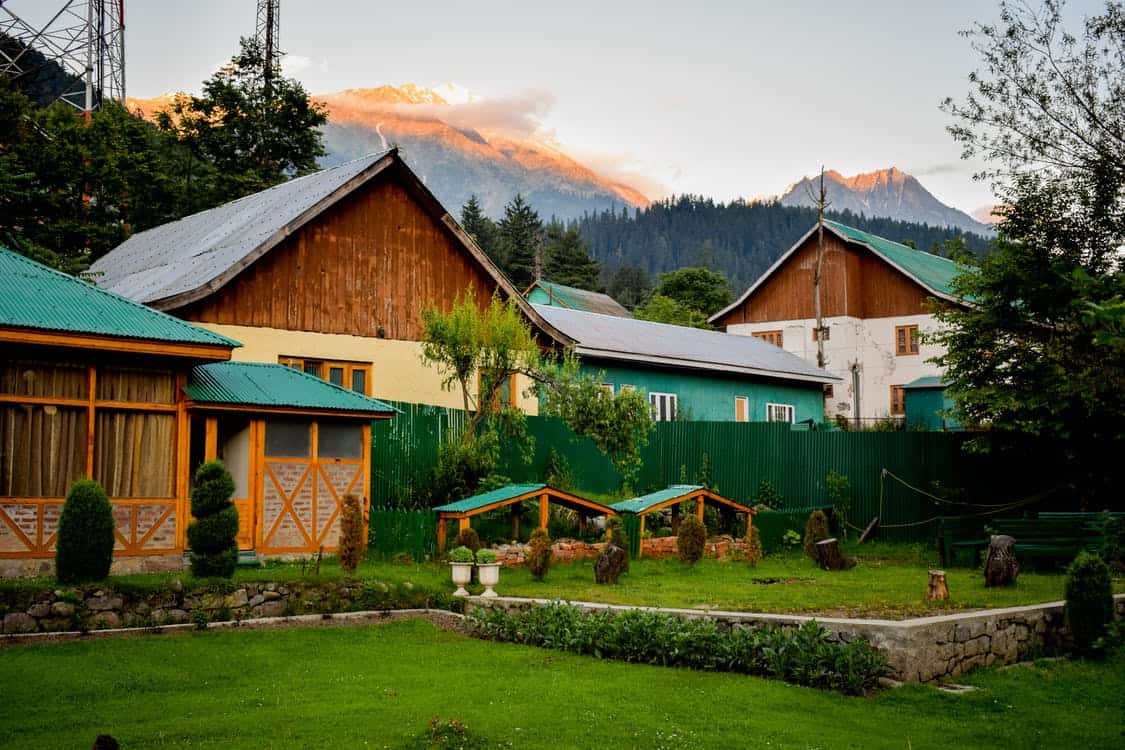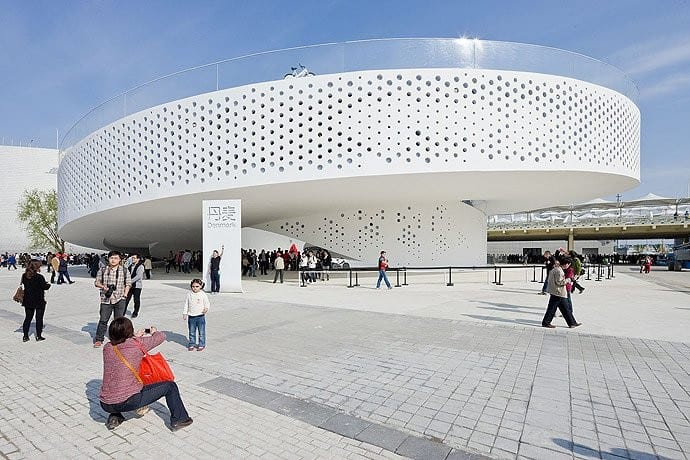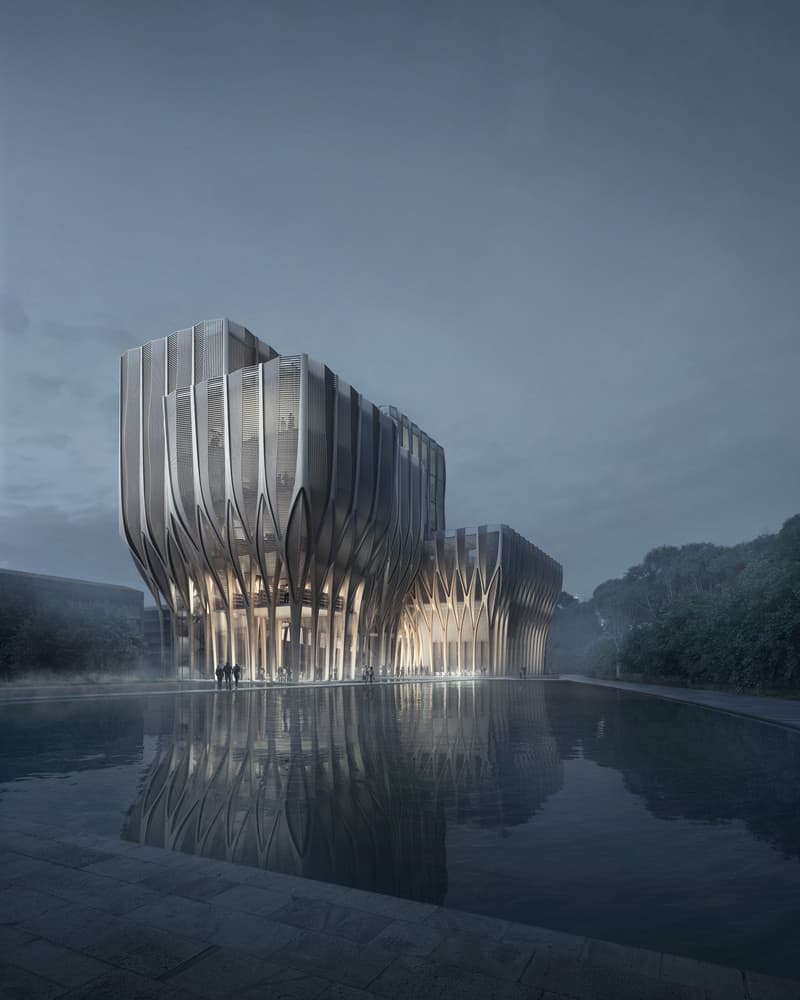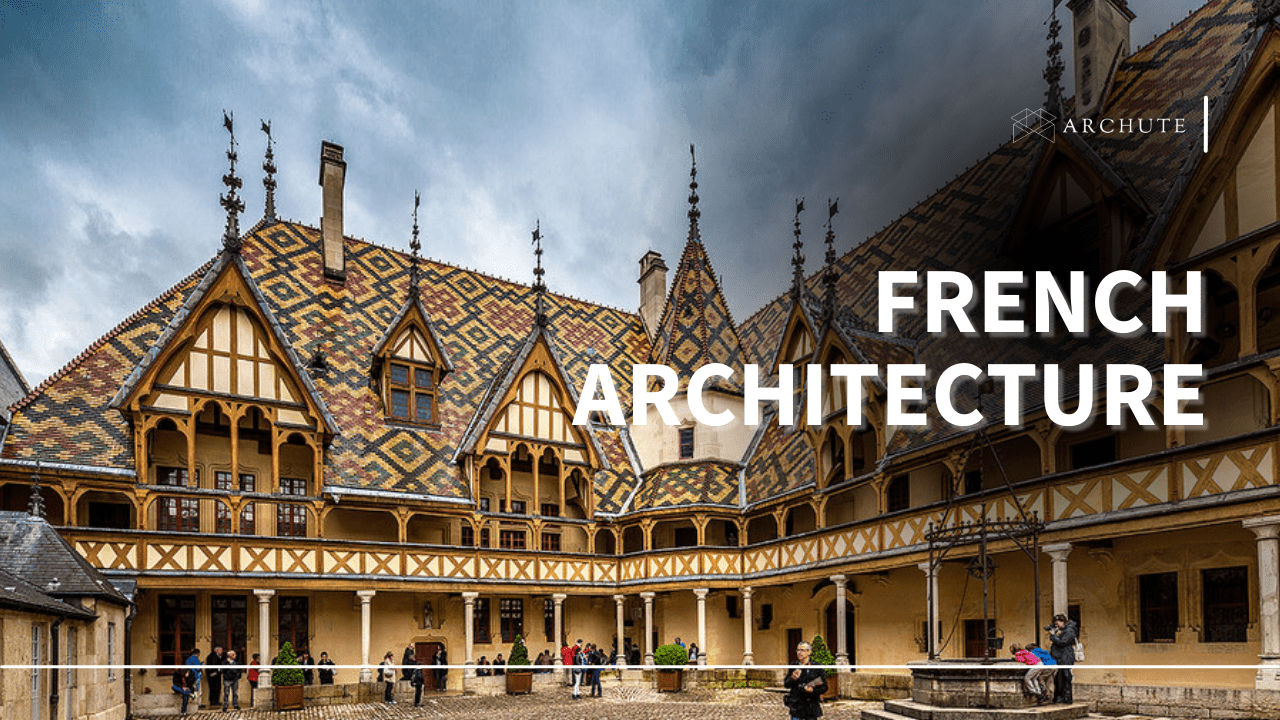Landscaping has been practiced for centuries now. It dates back to the Mayans' ancient times, where humans manipulated land for aesthetic purposes. Landscaping includes adding plants, changing the existing terrain, and constructing structures around the garden.
Today landscaping has a revamped definition in beauty and design. It refers to planning, laying out, and construction in gardens to enhance the appearance while creating a practical and useable space around a home.
Landscaping has six main compositional elements:
- Landform
- Vegetation
- Climate
- Water
- Vertical Structures
- Horizontal Structures
Landscape skills will help you transform your garden, patio, yard, and more to truly make the most of your natural surroundings. A voguish home landscape design will increase the house's real estate value.
Why Should You Become A Landscaper?
A landscape course prepares the student for entry into the field of landscape technology. Landscaping classes introduce and prepare students to start and run their own business, including developing a business plan for a landscape business.
The students who take this course make landscaping professionals who have fresh skills in creative design, communications, problem-solving, analysis, and skills applicable in real-world scenarios that arise in landscaping projects.
There are employment opportunities both in the public sector and the private sector. The opportunities in the public sector include designing public parks, playgrounds, and gardens. Career prospects in the private sector include working for landscaping companies, grounds maintenance workers, or a job with residential property management companies.
Students wishing to study a course in landscaping can find programs worldwide. If you want a more flexible study schedule, consider the online courses available. Viable online courses will help you develop plant identification skills and their lifecycles, different landscaping aspects, garden design, cost, use, general horticulture, and construction of gardens.
Why Study Online?
Well, because you can. Online Landscaping classes can allow you to learn on your own terms. An online course lets you learn in your own time, at your own pace, and in your space. And if anything, from your student portal, you can study just about anything online.
With wave after wave of the Covid-19, studying online is one of the best options you have. That way, your studies are not as affected, and you still maintain that Social -distance. It has more benefits than you could count.
Online Landscape Programs Career Options
1. Landscape Architecture
Landscape architecture is an art. It is defined as the art of designing, planning, maintaining, preserving, and rehabilitating the green space in cohabitation with human-made design constructions. Landscape architecture courses focus on architectural design, living space design, site planning, urban design, park planning, urban planning, regional planning, and historic preservation.
Landscape architecture programs reunite numerous elements from various disciplines such as botany, floriculture, topography, and climatology.
Students develop the creativity and skills to emphasize practical applications in aesthetic sensitivity, design solutions, and environmental awareness. A Landscape architect will require in-depth knowledge of geography and biology. These two disciplines help land architects understand the main characteristics of air masses and soil.
After coursework, Landscape architecture graduates have career prospects as landscape architects, urban planners, floriculture consultants, cartographers, and more. Records by the U.S Department of Labor and Bureau of Labor Statistics (BLS) data, the leading employer of landscape architects is the engineering and architectural services industry.
2. Landscape Design
Landscape design is considered as the planning, design, and analysis of exterior living spaces. Today, Landscape designers integrate various elements to achieve a functional and beautiful space for outdoor spaces and living.
Under the Landscape Design course, we have a specialised branch known as Garden Design. Garden Design is the garden maintenance of private space and private goods. This brings out the main difference between Landscape Architecture and Landscape Design.
Of the two arts, Landscape Design is concerned with private space. The origin of Landscape Architecture as a profession was brought about by the public park is an area of overlap.
Garden Design is an ancient art that dates back more than 4,000 years.
Landscape Design as an art, differs slightly from the history of agriculture and settlement because Landscape Design is primarily concerned with compositional relationships between landform, water, vegetation, structures, and paving.
Landscaping Design demand for career skills is enormous. Industry trends show Demand for professionals is bound to exceed the supply.
The Landscape Design principles are guidelines that are used to guide landscaping ideas. Landscape Design involves seven traits that should be properly considered to allow landscape designs to be cohesive and beautiful.
Landscape Planning
Landscape Planning is an old concept. McHarg's book Design with nature is by far the most important Landscape Planning book from the twentieth century. Arnold Weddle, the founding editor of the Elsevier journal Landscape Planning, made the most interesting remark in introducing his book Techniques of landscape architecture.
He wrote Landscape planning is an activity distinguished from related professions because it looks beyond its 'closely drawn technical limits' and 'narrowly drawn territorial boundaries'.
The objectives of Landscape Planning are quite similar to those of Landscape Design, but Landscape Planning projects tend to have:
- A longer project duration
- More concern with the public goods than private goods
- Larger projects in scale
- Implementation by multiple contracts, rather than a single contract
Top Online Landscape Courses
Recommendable online Land Architecture courses can be taken under a Bachelor's Degree, Diploma, and Certificate.
A. BIM Management course with Autodesk Revit
- Language - Spanish
- Location - Spain
- Modalities: Face-to-face or Online
The BIM Management course with Autodesk Revit aims for people already linked to either architecture, engineering, design, or info-architecture who want to specialize in BIM Management.
The inclusion of the new BIM tools means that there's an organizational level that is more precise and detailed. In the long run, BIM provides better control over Landscape projects.
b. Course in Landscaping
- Languages - English
- Locations - London, United Kingdom
- Modality - Online
The entire course is carried out online via Distance Learning, also known as correspondence learning. This mode of learning is ideal for people who need to flexible schedule around work or family. The Course in Landscaping is one of the best courses if you wish to fast-track your career and studies in Landscape Design.
It is one of the leading Landscaping courses that is recognised and accredited by the International Association of Private Career Colleges (IAPCC). Taking such short courses is a great way to consolidate existing knowledge and qualifications via Recognition of Prior Learning (RPL). It is a great way to update your industry skills to work towards your professional development.
c. Landscape Design - HND / Associate Degree Course
- Language - English
- Location - United Kingdom
- Modality -Online
If you want to build a career in Landscape Design in both private and commercial spaces then this is the course for you. This internationally recognised Landscape Design Course qualifies you to work on both private and commercial landscape design projects. The course looks at advanced planting techniques, designing, and constructing hardscape structures, and incorporating things such as irrigation, outdoor lighting, and drainage.
This HND program in Landscape Design meets most of the educational and licensing requirements to join the Professional Landscape Design Associations. It is a valuable qualification in its own right and is equivalent to Foundation/Associate degree and with a one-year 'top-up' course you can achieve your full BA (Hons) Degree.
d. Diploma in Professional Garden Design
- Languages - English
- Location - Dubai, Arab Emirates
- Modality - Online
This is a fully accredited Garden Design Course that prepares you to work as a Garden Designer within a year. It is an internationally recognised qualification (120 UK University Credits/32 US Semester credits) and is also the first step to the HND program that is equivalent to a Foundation/Associate degree which you can further progress to.
The Diploma gives you the skills you need to enter into the Landscaping career and give you the confidence to further get your degree. There are no prior qualifications required to take this diploma course.
e. Garden Design Course
- All Locations - UK Online, United Kingdom
- Duration - 120 hours
- Languages - English
- Modality - Online
This 3-level course teaches the principles of design in horticulture to impart knowledge and experience in using plants and garden features. This is a home study course is easy to follow with set exercises to ensure students understand the areas covered.
Frequently Asked Questions on Landscape Online course
1. What are the skills and qualities needed to be a landscaper?
Landscapers should:
- Be able to understand flowers and plants
- To interpret drawings and plans
- Must confidently know how to use a range of tools
- The landscaper should have a responsible attitude
2. What are the state requirements after a Landscaping Design Course?
A certificate from the APLD will give additional credibility to a Landscape Design professional. Aspiring Land Designers are required to provide adequate evidence of education totalling at least one year of full-time study. They will also be required to present a portfolio of three landscape designs that have been installed in at least two growing seasons while meeting the minimum size and scope requirements.
They will also need references from clients. To maintain the APLD certificate, Landscape design professionals will need to submit evidence of having completed 30 credits of approved education coursework every three years.
Aspiring landscape designers can gain first-hand experience as groundskeepers, build their portfolio, and earn the certification to get a proper foothold in this career.
















